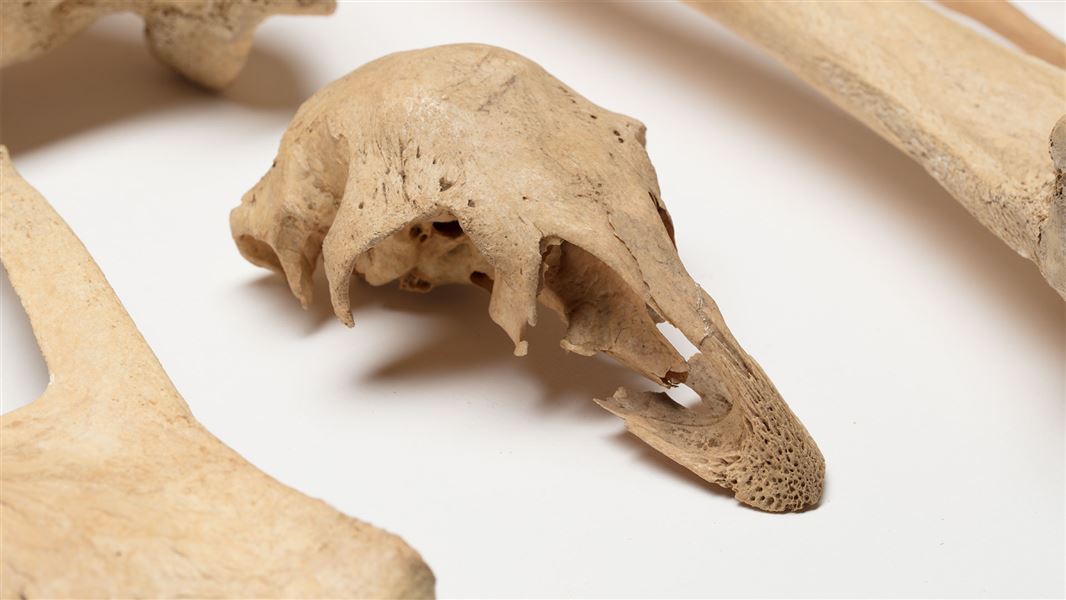The proposed regulations under the Wildlife Act 1953 will prohibit – with some exemptions – the sale and purchase of bones, eggs, and other remains of extinct native species.
What is proposed?
The public discussion document sets out the problem and the proposed way to solve it. We ask a series of questions to guide feedback for the consultation.
Discussion document: Proposed Extinct Species Trade Regulations (PDF, 1,959K)
The problem
Some people are taking bones and other remains of moa and other extinct native wildlife from sites throughout the country in order to sell them for personal financial gain.
Such activities harm Māori cultural values and destroy potential scientific information as archaeological and other sites are damaged to gain access to the material.
Proposed solutions
The document proposes a general prohibition on the sale of moa bone and other remains of extinct native wildlife. The exemptions to this are:
- an exemption for ancient Māori artefacts (ngā taonga tūturu) administered under the Protected Objects Act 1975 that contain extinct species remains
- an exemption for jewellery made prior to 1920 containing extinct species remains
- an exemption for taxidermied specimens and huia feathers
- an ability for DOC's Director-General to authorise sale of items in order to preserve Māori cultural values or practices or for scientific purposes, where non-trade methods cannot be used to transfer ownership. Where the original site that remains came from is known, the Director-General would have to have regard to the views of Māori exercising manawhenua over that ground before authorising a sale.
How to make a submission
Any person or organisation may make a submission in writing by either email or mail.
An optional submission form is available (Word, 25K)
Include in your submission:
- title of the consultation (Extinct Species Trade Regulations Consultation)
- your name or the name of your organisation
- your postal address
- your phone number
- your email address.
To ensure others clearly understand your point of view, you should explain the reasons for your views and provide supporting evidence where appropriate.
Sent your submission to:
Email: estrc@doc.govt.nz
Post:
Extinct Species Trade Regulations Consultation
Department of Conservation
PO Box 10420
Wellington 6143
The last day for receiving submissions is Monday 28 September 2020.
What happens next?
Once received, all submissions will be analysed, and recommendations prepared for the Minister of Conservation on the best way to address the problems that have been identified.
If the Minister decides to proceed with the proposal set out in the discussion document (including any changes or refinements), Cabinet approval will be required before new regulations can be drafted. Cabinet will then need to consider and agree to the final regulations before they take effect.
Questions?
If you have any questions about the review or next steps:
- email: estrc@doc.govt.nz with the word Question in the subject heading, or
- telephone: +64 4 471 0726 during office hours and ask about the Extinct Species Trade Regulations Consultation.
